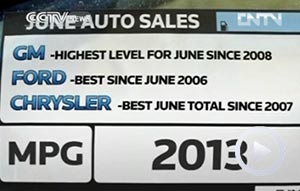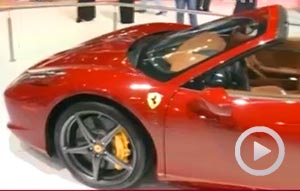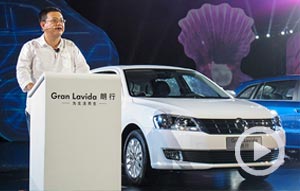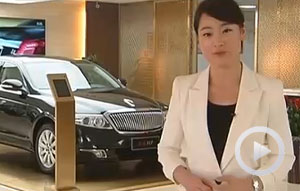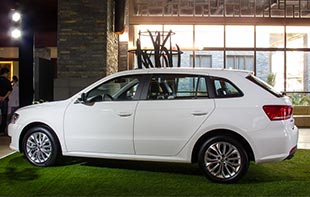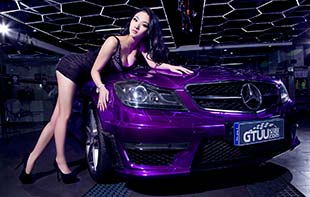Austerity puts luxury car sales in slow lane
Updated: 2013-05-07 01:05The central government's clampdown on official waste and extravagance has put the brakes on China's luxury vehicle market in the first quarter of the year.
Sales growth for the luxury vehicle sector, dominated by German brands Audi, BMW and Mercedes-Benz, slowed to 4 percent, far below the 13 percent annual growth in the passenger car market, according to the China Association of Automobile Manufacturers.
China's luxury vehicle sector has raced ahead at an average annual growth of 36 percent in the past 10 years, according to a report by consulting firm McKinsey & Co.
Analysts attributed the decline to new guidelines to improve officials' working style, and strict policies to curb the use of public funds.
"Guidance already exists in terms of the vehicles that are approved for purchase by government departments and the SOEs. The new issue is not the rules that are in place, but if and how they will be enforced," said Andrew Thomson, Asia-Pacific head of automotive and partner at KPMG China.
"Given that multinationals, and particularly German (manufacturers), dominate the luxury car sector, there may be some negative impacts for them in an environment of full enforcement. But our view is that such an impact is both uncertain and potentially not that significant in terms of their overall vehicle sales numbers in China — at least for the foreseeable future," said Thomson.
"Official cars have always led the way and influenced individual users' consumption decisions in China. The issue may hopefully set off a public trend for less-expensive vehicles in the short term," said Cui Dongshu, deputy secretary-general of the China Passenger Car Association.
Car: Rising incomes to boost sales
"But the trend followed by individuals is hard to predict in the long run," Cui said.
McKinsey & Co said in its report that China is expected to overtake the United States as the world's largest premium car market by 2016, selling more than 2.3 million units that year and hitting 3 million by 2020.
The company said that rising incomes in the world's second-largest economy sustain the momentum. McKinsey found that the average annual disposable income of 1,200 Chinese luxury car owners interviewed was 450,000 yuan ($72,900). But those with annual incomes of 100,000 to 200,000 yuan, the minimum income range regarded as able to afford basic luxury cars, is growing rapidly in China.
Potential also comes from the quickly developing lower-tier cities in China. According to Morgan Stanley & Co, premium car dealerships still have no presence in 111 large Chinese cities.
As the government directly accounts for no more than 2 percent of the car market, and SOEs contributed about 5 percent, "favorable consumer sentiment towards luxury vehicles outside of government and SOEs purchasing will likely continue to drive this segment of the market forward," said Thomson.
"At the same time, most commentators believe that it still takes at least five to 10 years for a domestic Chinese (manufacturer) to develop a genuinely competitive substitute offering at the luxury end of the market," he added.
To grab more market share in China's potential luxury car market, major premium brands have for years launched long-wheel base models tailored for Chinese consumers. Recently they started to bring in more entry models, like compact luxury cars, to make their brand accessible to more local potential buyers.


